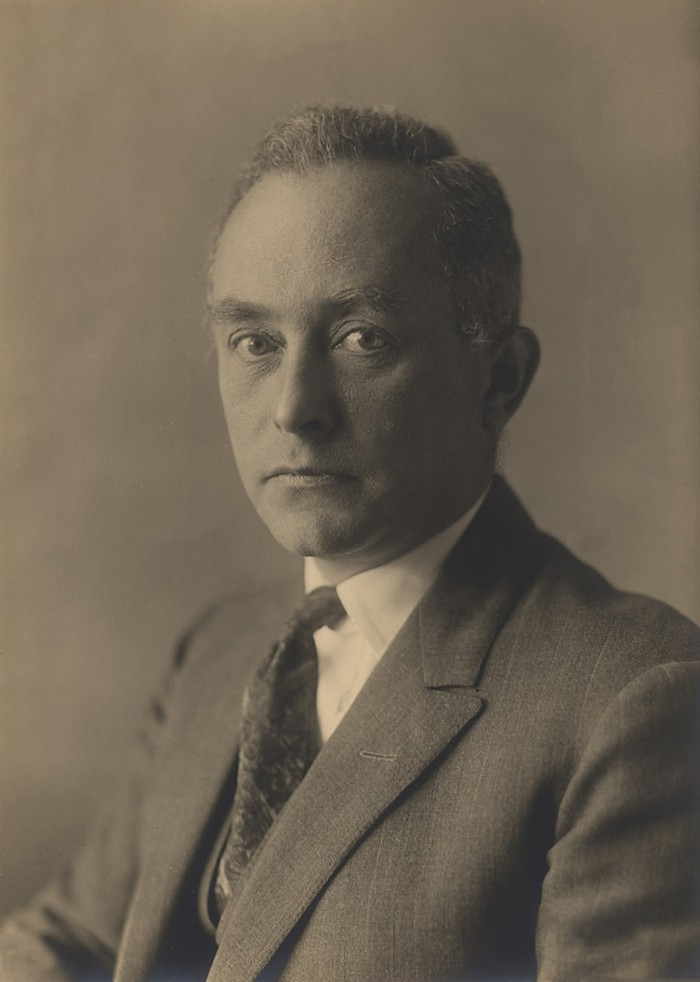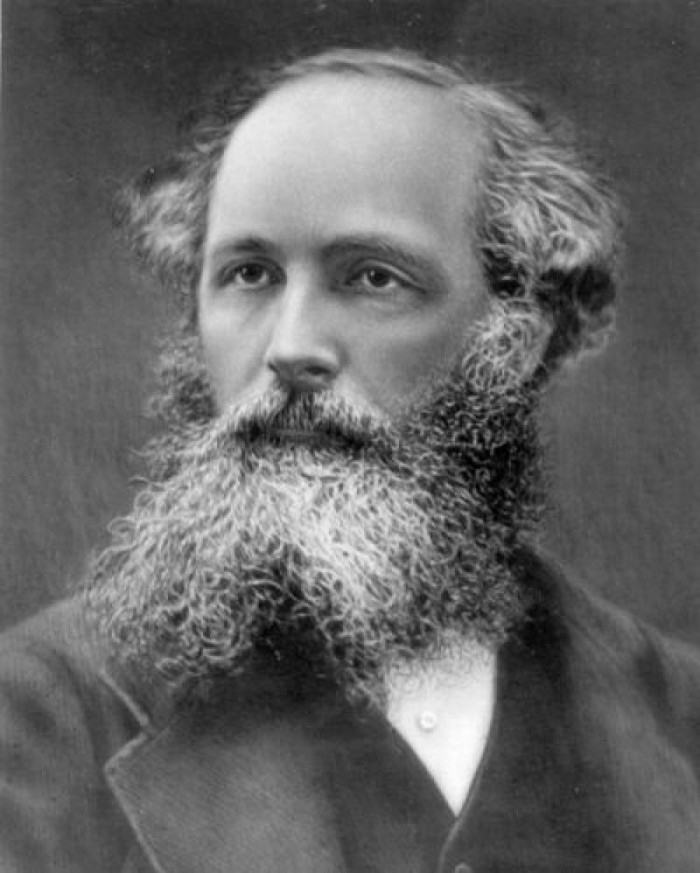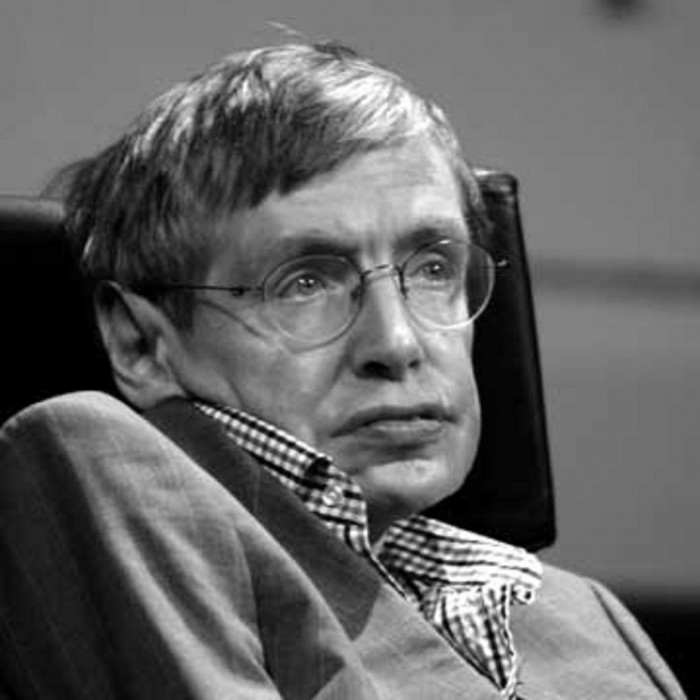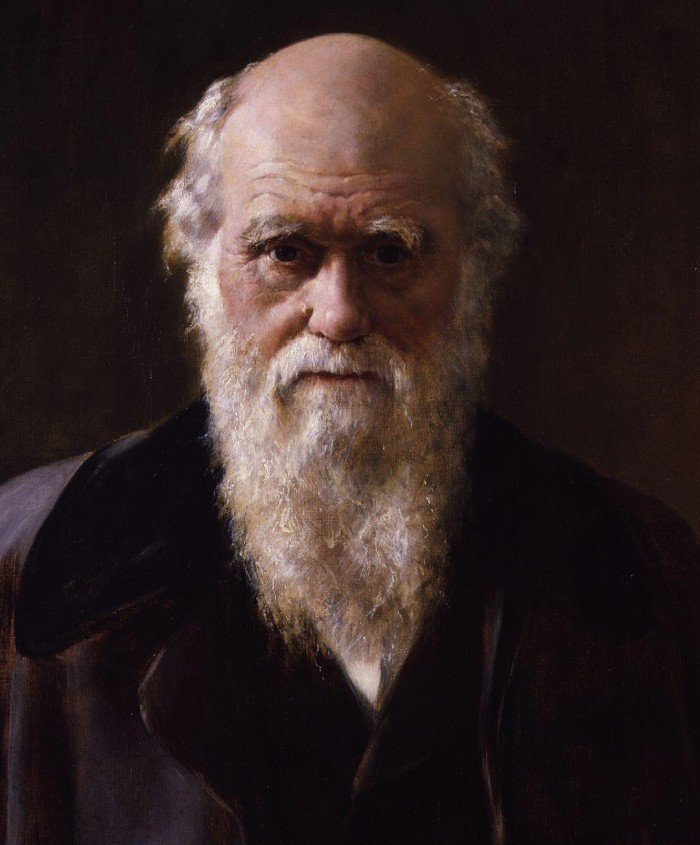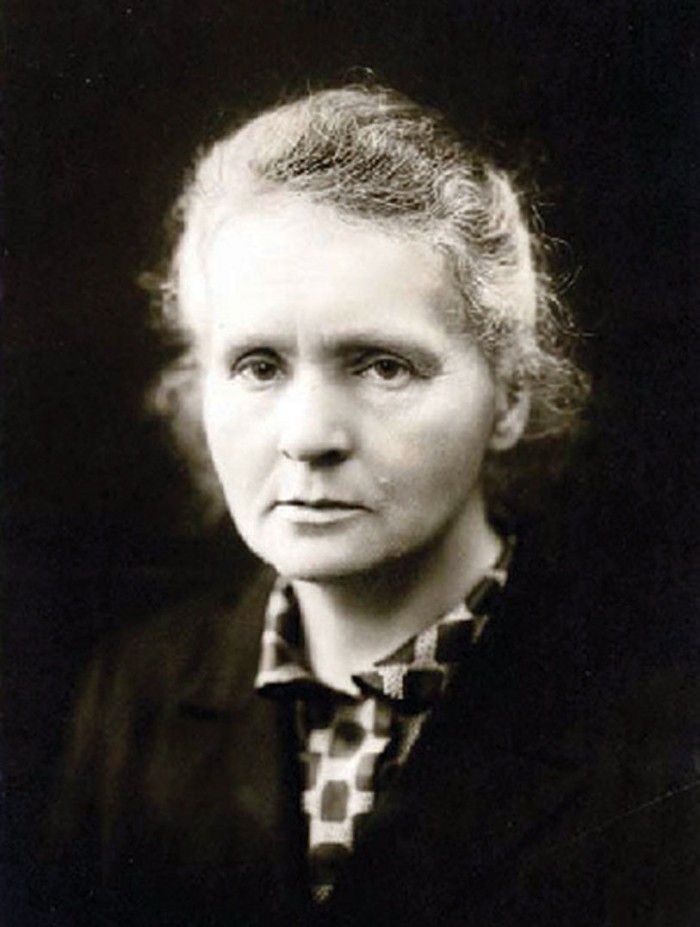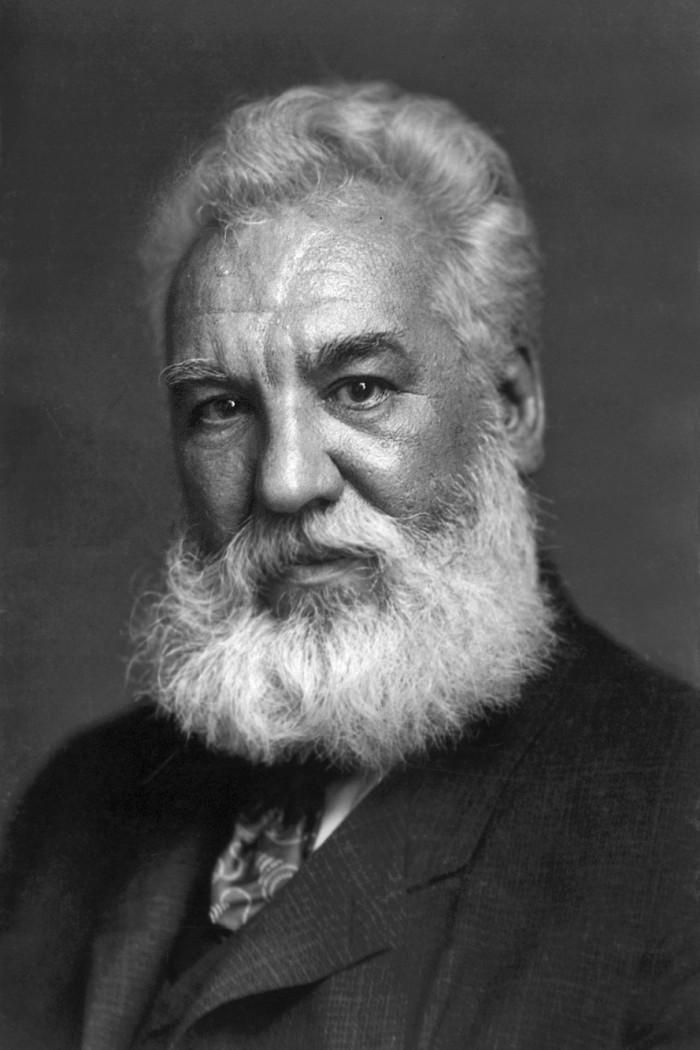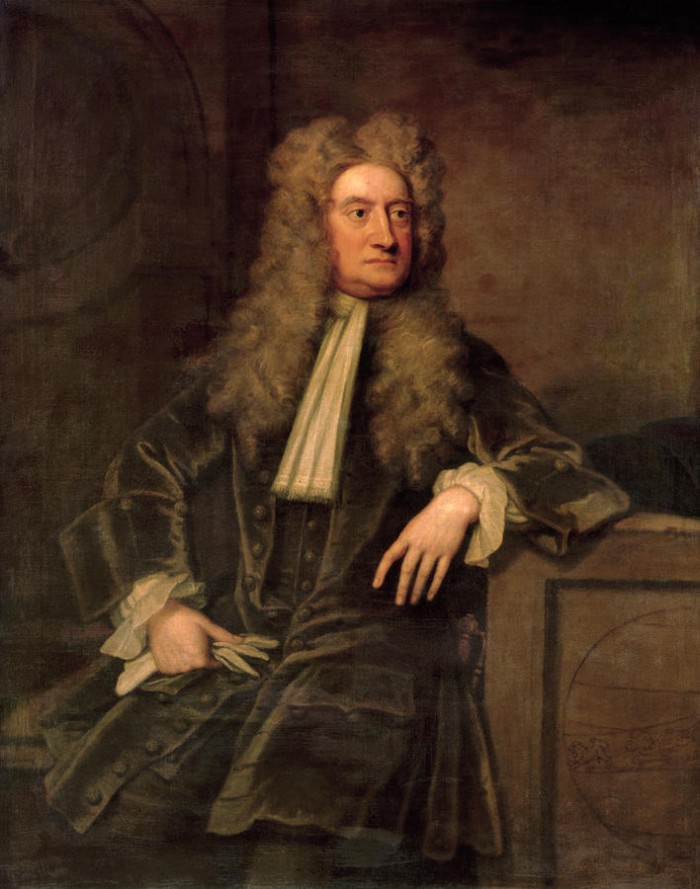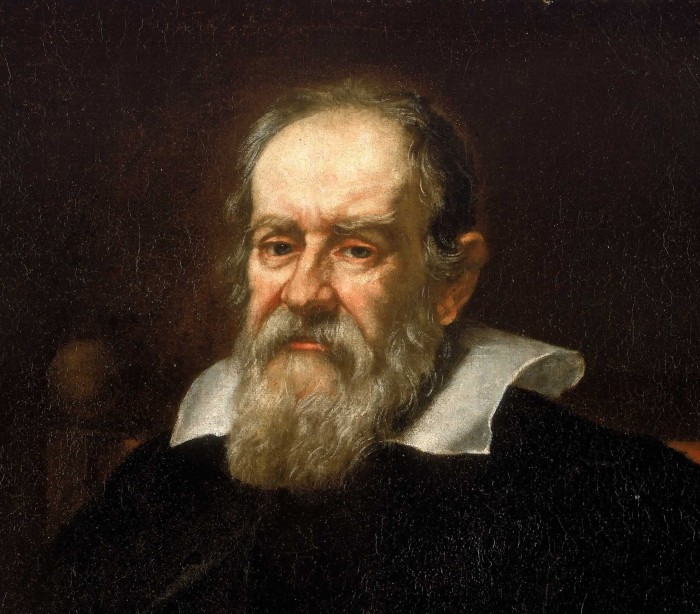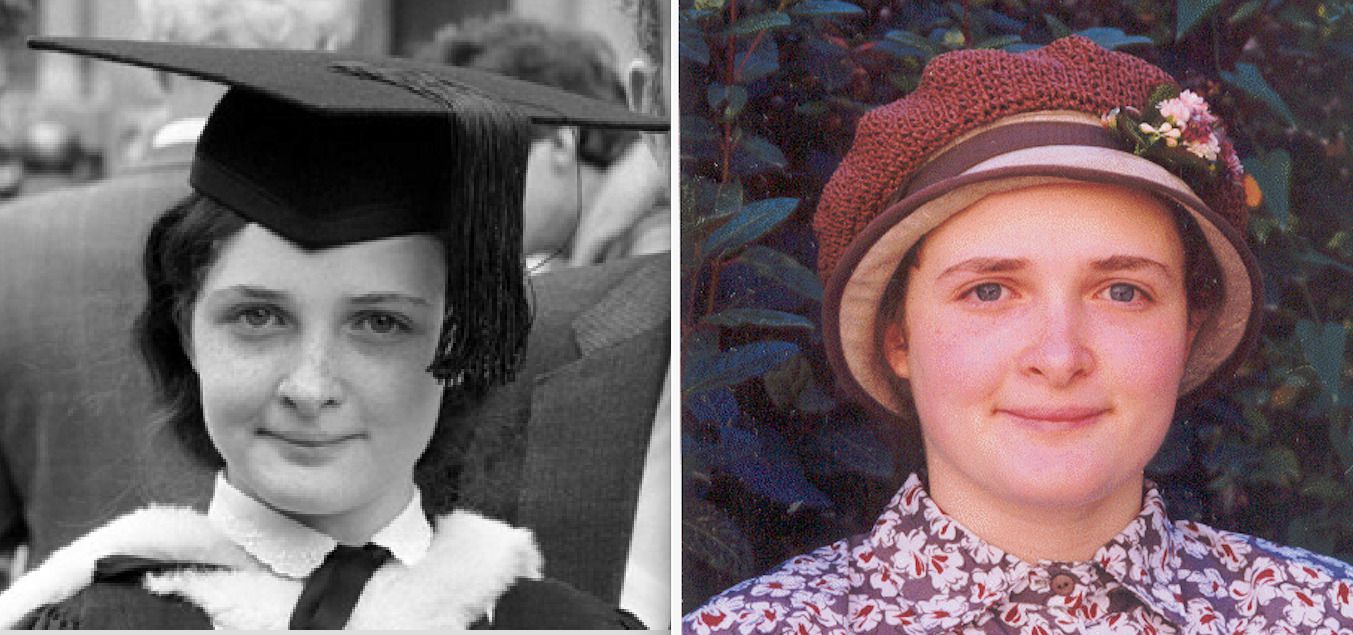
Top 10 Most influential Scientists In The History
Science is the most important way to develop nations and people. Scientists are those people who are involved in a certain branch in science to which they are dictated. Scientific contributions offer a lot to the world, they transfer peoples from darkness into light. They moved them from instability to stability. If you want to get acquainted with the most famous scientists that change the world, follow up this list.
10 Max Born (1882-1970):
He was a German physicist and mathematician. In 1904, he joined the University of Göttingen. He was helpful in the progress of quantum mechanics. He also offered a lot to solid-state physics and optics and controlled the efforts of a number of noteworthy physicists. He won the Nobel Prize in Physics 1954 for his “fundamental research in Quantum Mechanics”.
9 James Clerk Maxwell (1831-1897):
James was a Scottish mathematical physicist. His most noteworthy achievement was to prepare the classical theory of electromagnetic radiation. Maxwell contributed in developing the Maxwell–Boltzmann distribution, arithmetical resources of depicting aspects of the kinetic theory of gases. Maxwell had remarked electricity and magnetism. In 1862, while giving lectures at King’s College, Maxwell computed that the velocity of propagation of an electromagnetic field is somehow that of the speed of light.
8 Stephen William Hawking (1942):
He is an English theoretical, physicist, author and the director of Research at the Centre for Theoretical Cosmology in the University of Cambridge. Hawking was the earliest to express a cosmology described by a combination of the general theory of relativity and quantum mechanics. He supports the interpretation of many-worlds for quantum mechanics. Hawking has been given many awards and honors. In 1974 he was chosen to be a Fellow of the Royal Society.
7 Charles Robert Darwin (1809-1882):
Darwin was an English naturalist as well as geologist; he is famous for his contributions to evolutionary theories. Darwin propagated his theory of evolution with forceful evidence in his book On the Origin of Species in 1859, conquering scientific refusal of previous concepts of transmutation of species.
6 Marie Skłodowska-Curie (1867-1934):
She was a Polish physicist and chemist who carried out a ground-breaking research on radioactivity. Curie won a Nobel Prize, being the first woman to win it. Her contributions developed a theory of radioactivity, methods for separating radioactive isotopes, as well as the discovery of both polonium and radium. Curie passed away in 1934 in France, due to aplastic anemia she suffered due to exposure to radiation.
5 Alexander Graham Bell (1847-1922):
He was a well-known Scottish scientist, engineer and innovator who invented the first realistic telephone. Bell had other inventions as the pioneering work in optical telecommunications and aeronautics. In 1891, Bell had developed experiments in “motor-powered heavier-than-air aircraft”.
4 Louis Pasteur (1822-1895):
He was a French microbiologist famous for his invention of the ideology of vaccination, and pasteurization. His medical discoveries offered support for the germ theory of disease and its function in clinical medicine. Pasteur was liable for overwhelming the doctrine of spontaneous generation. Pasteur also made major discoveries in chemistry, most remarkably on the molecular foundation for the asymmetry of definite crystals and racemization.
3 Sir Isaac Newton (1642-1726):
He was an English physicist and mathematician; he is as famous as one of the most powerful scientists of all time and as a main figure in the scientific revolution. Newton also made the first realistic reflecting telescope and developed a theory of color based on the examination that a prism turns white light into many colors of the observable spectrum. This great scientist was a fellow of Trinity College and the second Lucasian Professor of Mathematics at the University of Cambridge.
2 Galileo Galilei (1564-1642):
He was an Italian physicist and mathematician who played a chief role in the scientific revolution. His achievements consist of developments of the telescope and consequential astronomical observations and support for Copernicanism. His help to observational astronomy include the telescopic verification of the Venus.
1 Albert Einstein (1879-1955):
Albert was a German theoretical physicist. He expanded the general theory of relativity. Einstein believed that Newtonian mechanics was not adequate to settle the laws of classical mechanics with the laws of the electromagnetic field. He went to deal with problems of statistical mechanics and quantum theory that led to his elucidation of particle theory and the movement of molecules.
These scientists made a lot of contribution, without which the world would not make progress.

